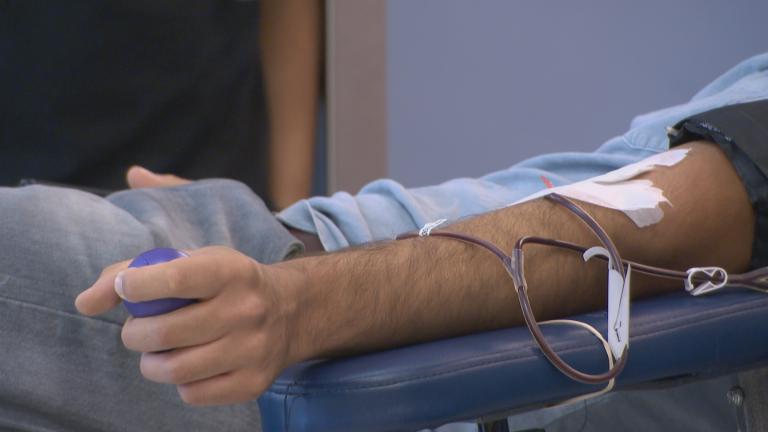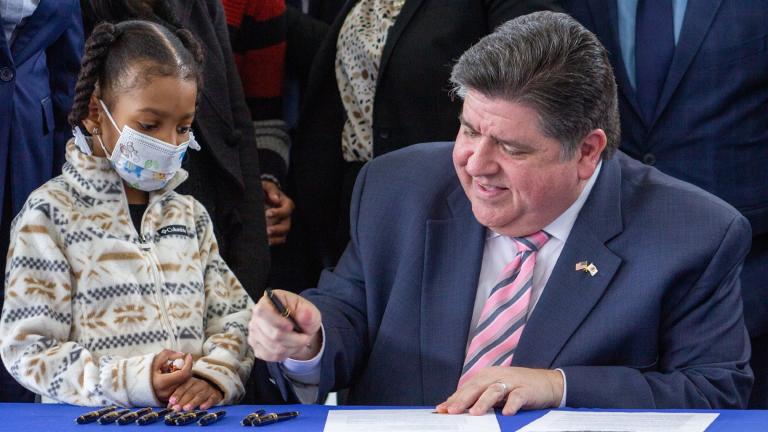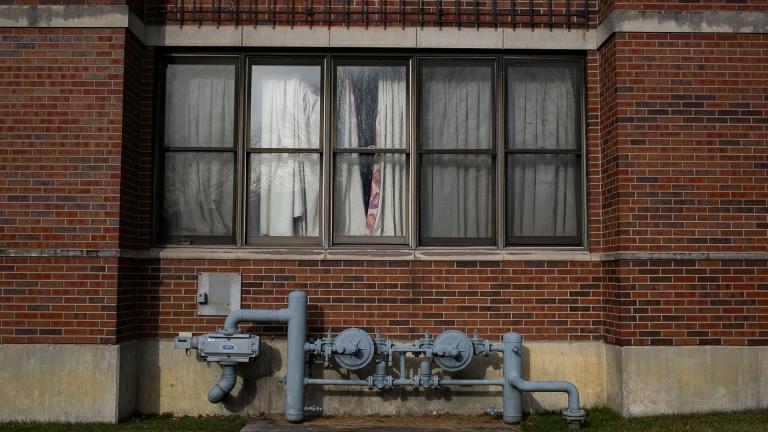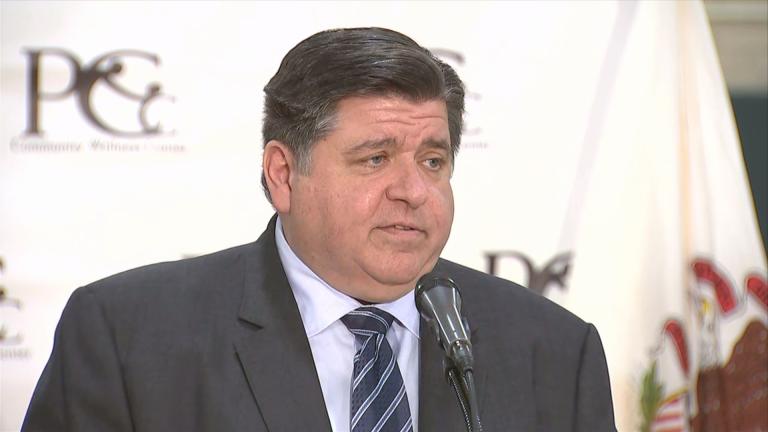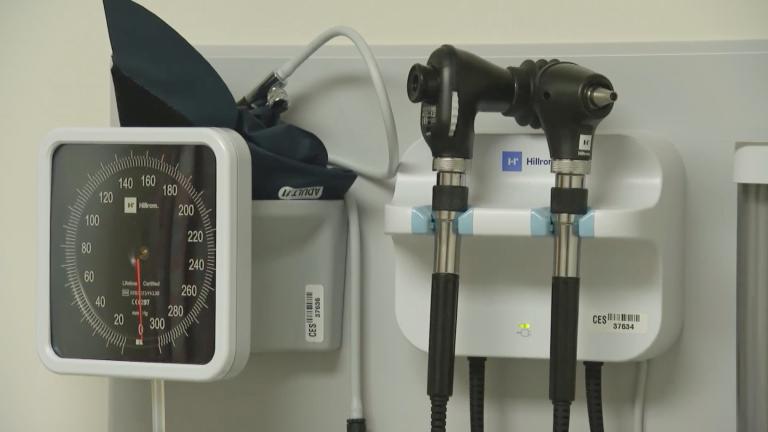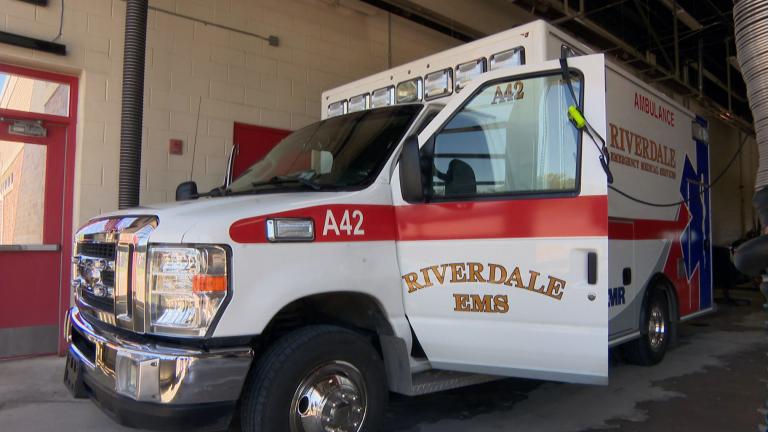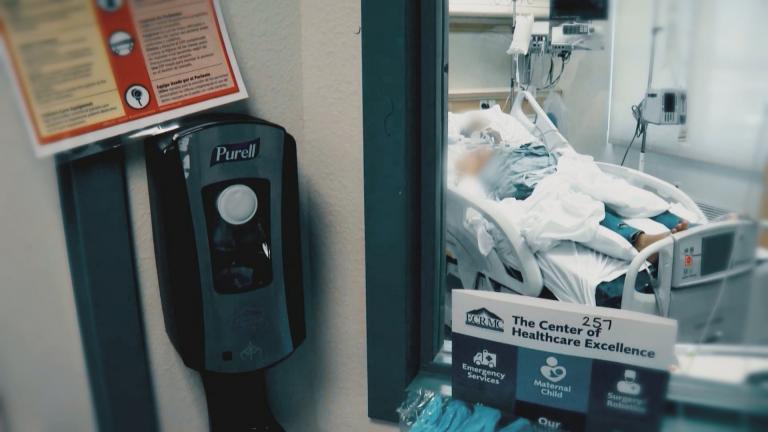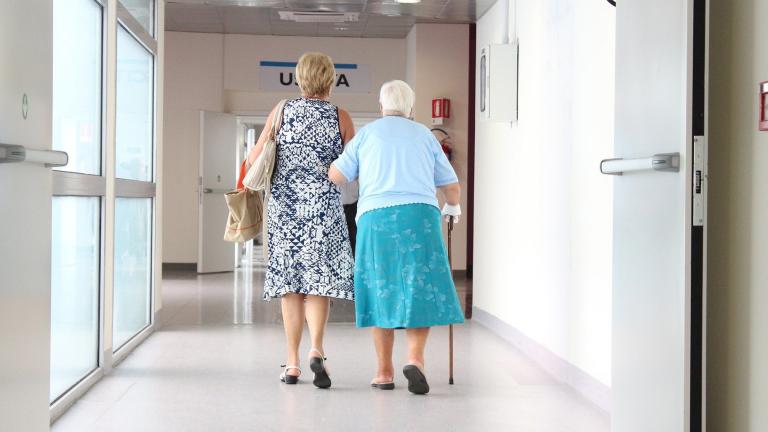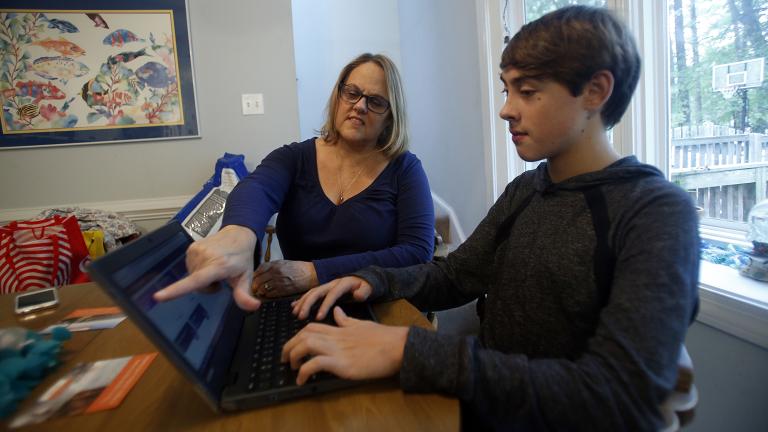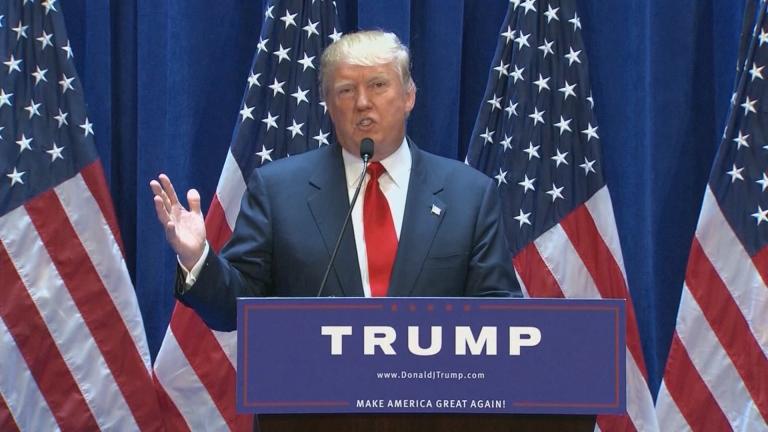During the early stages of the COVID-19 pandemic, Congress enacted changes to Medicaid requiring states to keep patients continuously enrolled through the public health crisis, even if they might have become ineligible due to changes in their income or family circumstances. That continuous enrollment program expired in March 2023.
Medicaid
Sickle cell disease affects about 5,000 people across Illinois — and it’s mostly impacting Black communities. While gene therapies have emerged to treat the disease, high costs can limit access.
About 5,000 Illinoisans live with sickle cell disease, a gene defect most common in Black people that causes red blood cells to be misshapen and die off early, resulting in chronic fatigue and pain.
A data analysis by WTTW News and the Hyde Park Herald/South Side Weekly found the disparity between access to quality nursing home care for Black and White Chicagoans is stark, with highly rated homes concentrated on the city’s North Side and housing majority White residents.
Approximately 695,600 Illinois residents have proactively renewed their Medicaid coverage – making Illinois the top ranked state for renewals amid a federal cleanse of the government-backed health insurance rolls.
The medications treat heart disease, certain cancers, diabetes and autoimmune diseases. Some 9 million Medicare enrollees took the medications on the list and paid a total of $3.4 billion in out-of-pocket costs last year.
For the first time since the onset of the COVID-19 pandemic, Medicaid recipients are being asked to provide proof of their eligibility.
During the pandemic, the number of low-income and disabled people who received government-backed health care grew in Illinois, and across the country, because at the height of COVID Congress made it illegal for states to kick anyone off Medicaid.
Emergency measures designed to ensure people didn’t lose their health care during the COVID-19 pandemic are now being phased out.
Emergency measures designed to ensure people didn’t lose their health care during the COVID-19 pandemic are now being phased out. People must once again prove their eligibility for the government=-backed insurance program.
Gov. J.B. Pritzker may soon make the rare move of vetoing a bill that passed both houses of the Democratic-controlled General Assembly — unanimously. The bill has to do with how private ambulance companies are reimbursed when they transport Medicaid patients.
A WTTW News exclusive
The state pays billions of dollars into the Medicaid program. WTTW News has learned that a group of lawmakers plans to demand billions back from the private health care companies that run that program. Can it work?
A new report from Northwestern Medicine suggests Medicaid patients are being prescribed too many antibiotics. What that could mean for public health.
Insurance shoppers likely will have several choices for individual health coverage this fall. The bad news? There's no guarantee they will cover certain doctors or prescriptions.
The new White House budget doesn’t match President Donald Trump’s campaign pledge to save Medicaid and Medicare “without cuts.” We discuss the proposed reforms.
How evidence-based health care policy can get more value out of the health care system. A discussion with Katherine Baicker, dean of the University of Chicago Harris School of Public Policy.


